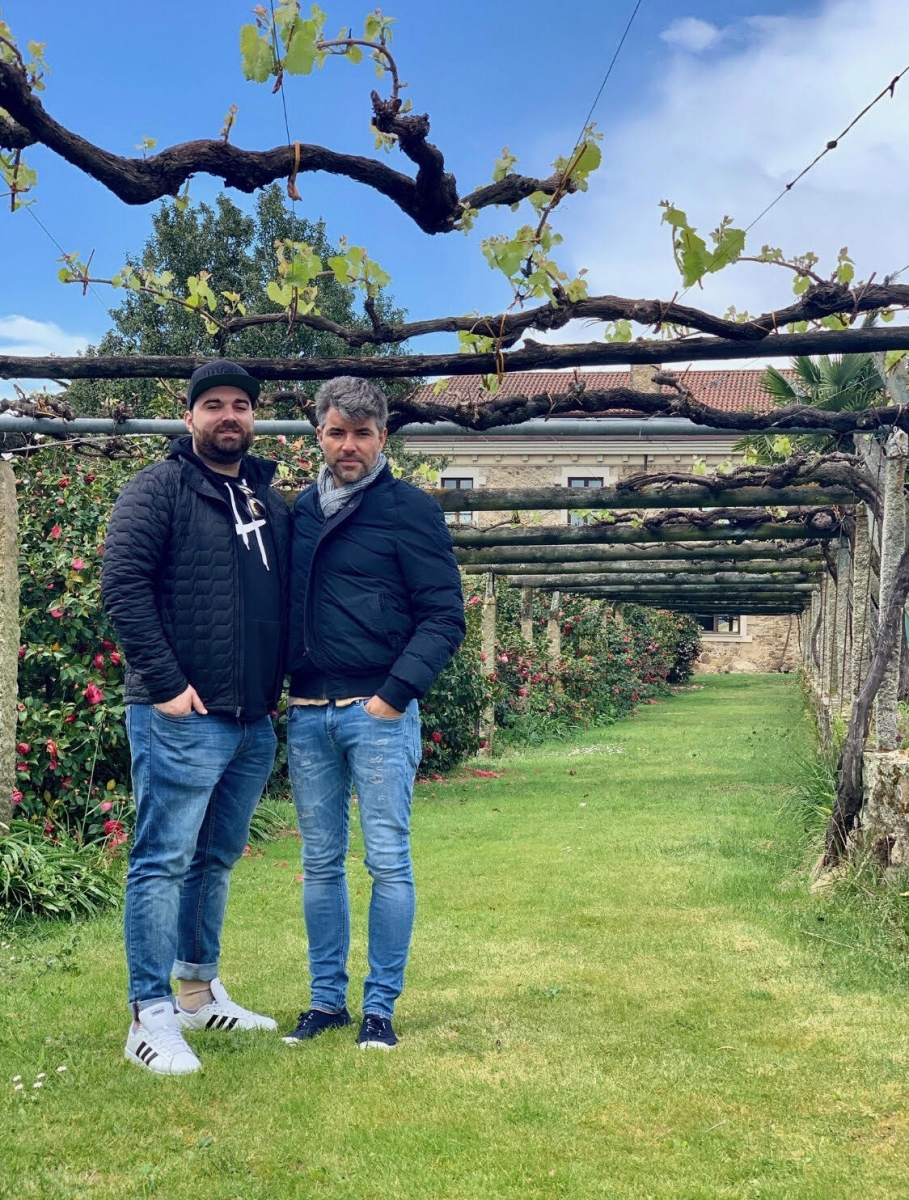While other Mediterranean cuisines, like Spanish, Italian, and North African, have become commonplace in Chicago, I’d be hard pressed to name a great Portuguese restaurant in the city. Porto aims to change that when it opens later this month.
Owner Dani Alonso’s parents came from Galicia, Spain, and he spent all of his summers growing up in that part of the world. After going to school to be an economist, Alonso ended up in the hospitality industry and co-founded Bonhomme Hospitality Group, which owns Beatnik and Celeste, among others. Even after opening a slew of restaurants, his love for the food of Portugal and Galicia never quite went away.
“We kept coming back to the fact that Galician and Portuguese cuisine was underrepresented, and the products that came from these places were unknown,” Alonso explains.
This led to months of traveling through the region, especially to vineyards – the team visited more than 100 vineyards over two years, so you can be sure the wine list at Porto will be on point. “If you look at the landscape of winemaking in Europe today, a lot of the energy is in Galicia and Portugal,” Alonso says. Visiting all of these vineyards means that Porto will have some small production wines that you won’t find elsewhere. Diners will be able to taste different versions of wines made with regional grapes from within a few miles of each other to get a real sense of the ways that terrain, elevation, and weather lead to tiny differences in flavor.

Porto will bring a lot of the food preparation into the dining room, at a “chef’s island” bar. This is where items from the cold half of executive chef Marcos Campos’s menu will be prepared, focusing largely on conservas, the gourmet tinned seafood that is one of Portugal’s most famous exports. Some of the dishes will just be those conservas, while others will turn the fish into composed plates. Uni conservas from Galicia will be combined with cauliflower, lemon gel, seaweed, and brioche, for example, or smoked sardines with wood-oven roasted garlic aioli, pickled pearl onions, and sourdough bread. The island will feature seating for 30 diners to watch the chefs while they sip and eat.
The other half of Porto’s menu comes from the two wood-fired hearths; Porto has no gas and no fryers. “We’re cooking seafood as it was intended to be cooked — with fire,” Alonso says. This will allow Porto to showcase the flavors of regional fish like fresh sardines, cod, and turbot, which will almost always be on the menu, along with more exotic species from local fishmongers.
Portugal doesn’t have much of an historic cocktail culture, but one thing Porta does have is queimada, a combination of a Galician grappa called orujo, fruits, sugar, coffee, and more. “Every family has their own recipe,” Alonso says. He’ll be offering it as an after-dinner drink to cap off the evening.



